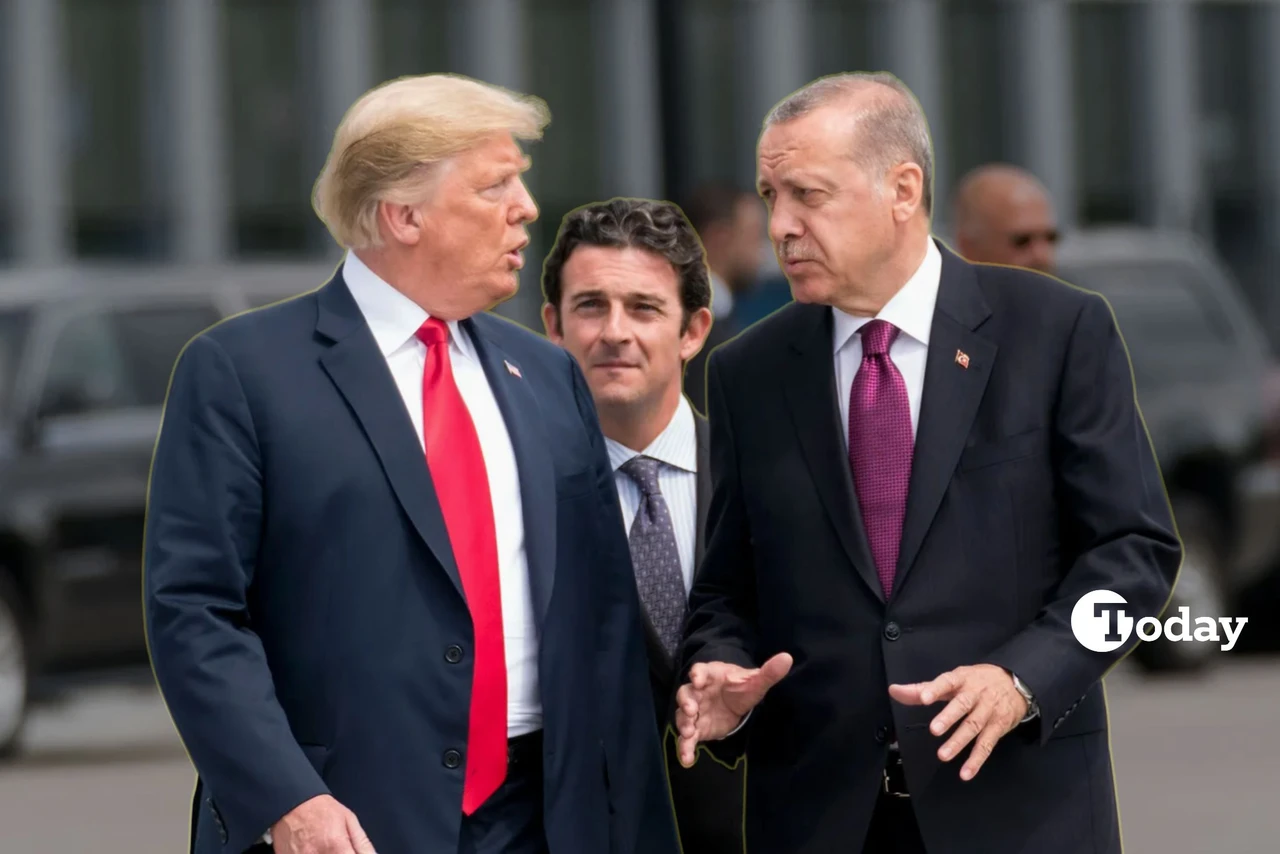Trump announces sweeping tariffs on Mexico, Canada, and China
 U.S. President-elect Donald Trump attends a viewing of the launch of the sixth test flight of the SpaceX Starship rocket on November 19, 2024. (AFP Photo)
U.S. President-elect Donald Trump attends a viewing of the launch of the sixth test flight of the SpaceX Starship rocket on November 19, 2024. (AFP Photo)
U.S. President-elect Donald Trump has announced plans to impose significant tariffs on imports from three of the United States’ largest trading partners—Mexico, Canada, and China—sparking immediate pushback and concerns of a looming trade war.
Trump, who shared his intentions via his Truth Social account on Monday, said his administration would implement a 25 percent tariff on all goods from Mexico and Canada and a 10 percent tariff on Chinese imports as part of his broader economic agenda. The tariffs address trade imbalances and national security concerns, including the fentanyl crisis and illegal immigration.
“On January 20th, as one of my many first Executive Orders, I will sign all necessary documents to charge Mexico and Canada a 25 percent tariff on ALL products coming into the United States,” Trump wrote. He also pledged to add new tariffs to Chinese goods, citing Beijing’s failure to curb fentanyl smuggling adequately.
Immediate backlash
China and Canada were quick to respond to Trump’s declarations, with both nations emphasizing the mutual benefits of their trade relationships with the United States.
Liu Pengyu, a spokesman for the Chinese embassy in Washington, warned that “no one will win a trade war,” adding that China views its trade cooperation with the U.S. as mutually advantageous. Canada, meanwhile, stressed its critical role in U.S. energy supplies and its contribution to American jobs.
“We will of course continue to discuss these issues with the incoming administration,” said Chrystia Freeland, Canada’s deputy prime minister, in a statement.
Tariffs: A familiar playbook
The announcement refers to Trump’s first term, when his administration launched a trade war with China, imposing tariffs on hundreds of billions of dollars in Chinese goods. Those actions, justified by accusations of unfair trade practices and intellectual property theft, prompted retaliatory measures that significantly impacted U.S. farmers and manufacturers.
Trump’s new tariff strategy also casts uncertainty on the United States-Mexico-Canada Agreement (USMCA), the free trade deal renegotiated during his first term. Experts suggest that using national security as a justification to override the agreement could test the limits of both international trade norms and domestic political tolerance.
“Mexico and Canada remain heavily dependent on the U.S. market, so their ability to walk away from President-elect Trump’s threats remains limited,” said Wendy Cutler, a former U.S. trade official and vice president at the Asia Society Policy Institute.



